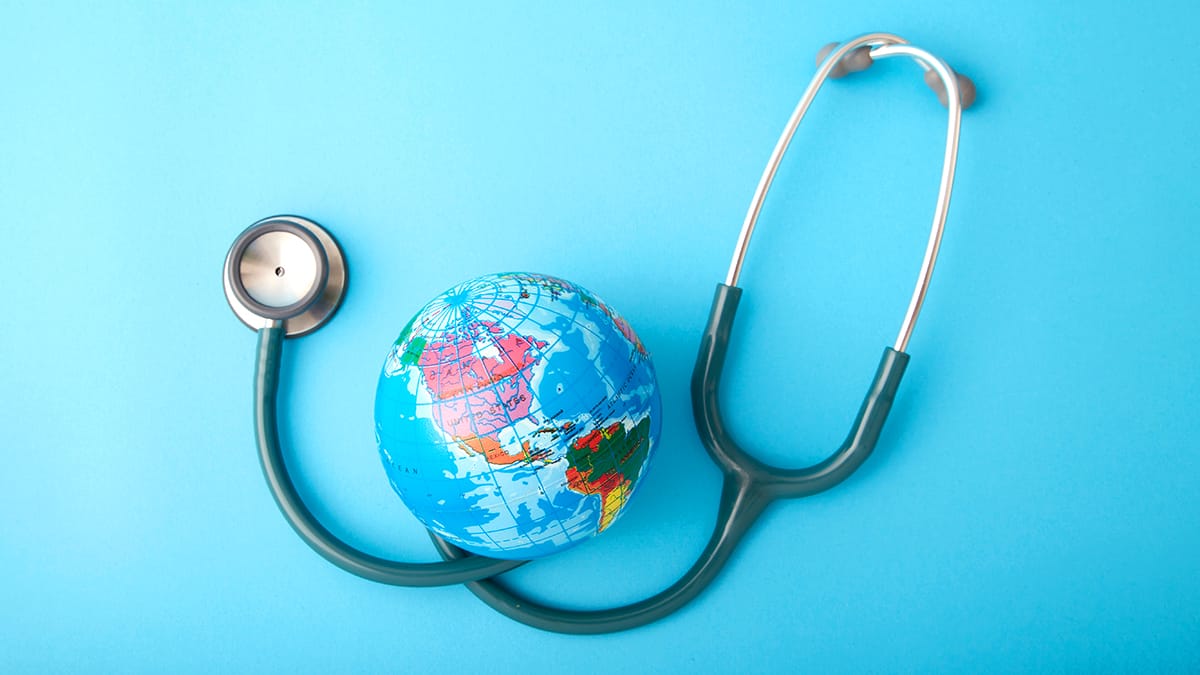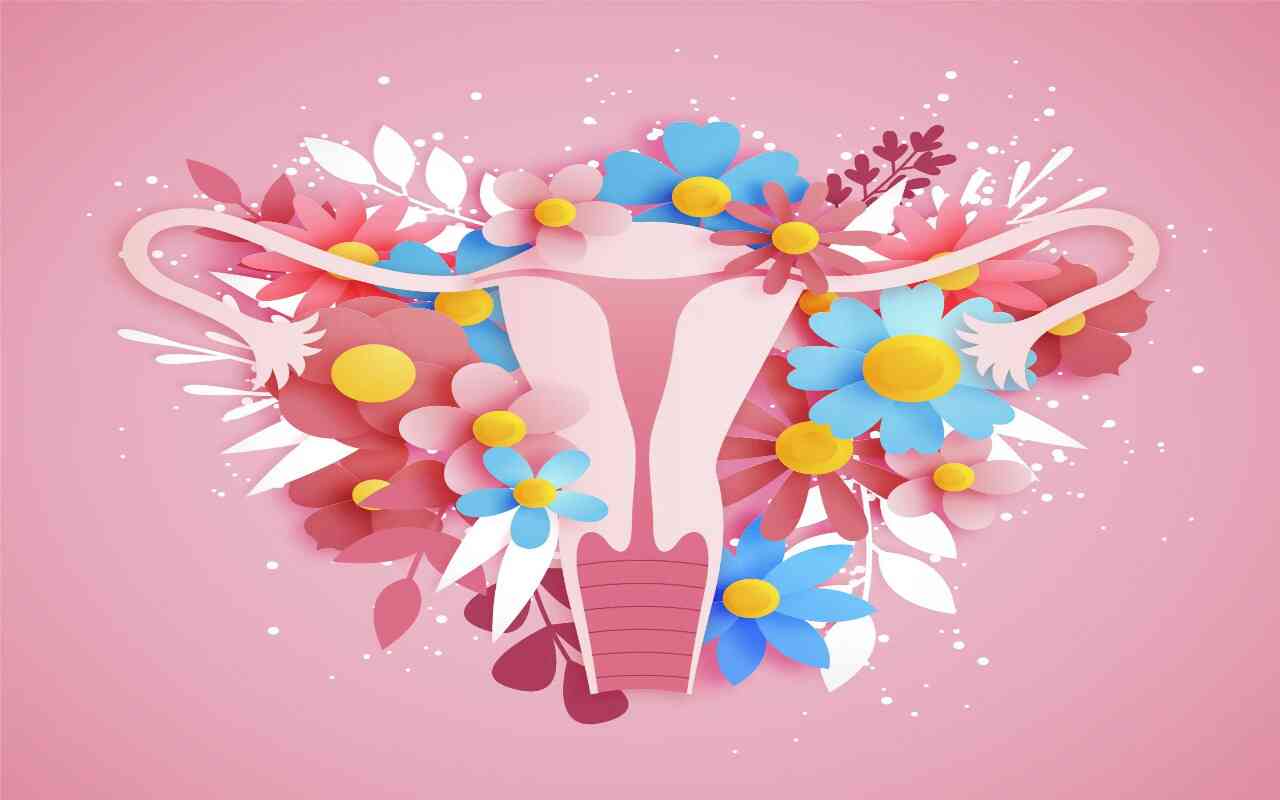March 21st is celebrated as Down Syndrome Awareness Day. The purpose is to educate the communities about Down Syndrome and how people with Down Syndrome should be treated.
This date is chosen as World Down Syndrome Day to signify the chromosomal abnormality in Down Syndrome. Triplication of the 21st chromosome occurs, so the world dedicates the 21st day of the 3rd month to those living with Down Syndrome.
WHAT IS DOWN SYNDROME DAY?
Down Syndrome is a genetic disorder. A person carries three copies of chromosome 21 instead of two in this condition, leading to chromosomes’ trisomy.
According to the Centers for Disease Control and Prevention (CDC) reports, Down Syndrome is one of the most common genetic abnormalities. The data collected in 2011 shows, the disorder occurs in approximately 1 in every 691 live births.
TYPES OF DOWN SYNDROME
As per CDC studies, there are three types of Down Syndrome:
1. Trisomy 21 (Nondisjunction)
The most common type of Down Syndrome. In this type, all cells in the body contain three copies of chromosome 21 instead of two.
2. Translocation
About 4% of cases of Down Syndrome are of this type. The total number of chromosomes is 46 in the cells. An additional full or partial copy of chromosome 21 combines with another chromosome. In most cases, the other chromosome is 14.
3. Mosaicism
A rare type of Down Syndrome and accounts for only 1% of cases. Most of the cells have 46 chromosomes in mosaicism, and only a few cells are with 47 chromosomes. The cells with 47 chromosomes have an additional chromosome 21.
TREATMENT FOR DOWN SYNDROME PATIENTS
There is not any well-defined and utterly effective treatment for Down Syndrome. Treatment methods vary from individual to individual based on different physical and intellectual needs. Down Syndrome patients need proper care from professionals or even at home if standard care is ensured.
Some drugs and supplements, including amino acid supplements and antioxidants, also don’t demonstrate complete efficacy. Limited clinical trials on finding an effective medication for Down Syndrome are available.
Individuals with Down Syndrome need continuous encouragement and support to realize their goals and become valued members of society. In this process, they can get help from a care team, including physicians, educators, speech therapists, etc.
Based on their needs, the following are the treatment therapies to help Down Syndrome patients live a better life:
1. Physical therapy for Down Syndrome Patients
Physical therapy includes exercises and activities that stimulate and strengthen motor skills, and muscles and improve posture and balance. Some activities, such as crawling, rolling over, etc., increase the infant’s interaction with his surroundings.
2. Speech therapy for Down Syndrome Patients
Speech is often delayed for Down Syndrome patients. A speech therapist can help individuals with Down Syndrome to improve their communication skills. It’s an ongoing learning process and has no specific duration. Some patients grab things more quickly, and others need time to learn, remember, and adopt new words and conversation styles.
Sometimes the patients can understand but can’t communicate. In such scenarios, the therapist can help the child use alternate communication forms such as sign language or pictures.

3. Occupational therapy for Down Syndrome Patients
Occupational therapy aims to break down the barriers of an abnormality to find opportunities for a better lifestyle. From working to teaching self-care skills such as eating, getting dressed, etc., to help teenagers find the right jobs and careers, an occupational therapist plays a significant role.
4. Emotional and Behavioral therapies for Down Syndrome Patients
Children with Down Syndrome often face phases of emotional disturbance. They can quickly become aggressive, and develop compulsive behaviors and other mental health conditions. These therapists know why a child is acting this way and how they can prevent or positively respond to his condition.
IMPORTANCE OF WORLD DOWN SYNDROME DAY
World Down Syndrome Day is important because it:
• Promotes awareness
• Empowers Down Syndrome patients
• Helps to collect funds for research
BEST PRACTICES FOR WORLD DOWN SYNDROME DAY
Events planned for World Down Syndrome Day give Down Syndrome patients encouragement for an optimistic life. To observe World Down Syndrome Day, here are the best practices to follow:
1. Get involved
Be a part of a World Down Syndrome Day event or donate to an online charity to show your support. Use social media to inspire more people to take the same initiative.
2. Use blue and yellow
Blue and yellow are the designated colors for Down Syndrome. So, make sure that you use these colors on World Down Syndrome Awareness Day. You can wear something blue or yellow, decorate your workplace or other areas with these colors, and much more.
3. Organize an event
Take the initiative and organize an event to collect funds and raise awareness on World Down Syndrome Awareness Day. All these easy and fun events can help Down Syndrome patients a lot.
Join Cure and Craft:
Calling all healthcare professionals, medical students, and writers! Share your insights, experiences, and knowledge on our platform. Let’s craft informative articles together, shaping the future of healthcare. Connect, inspire, and enlighten our audience.





